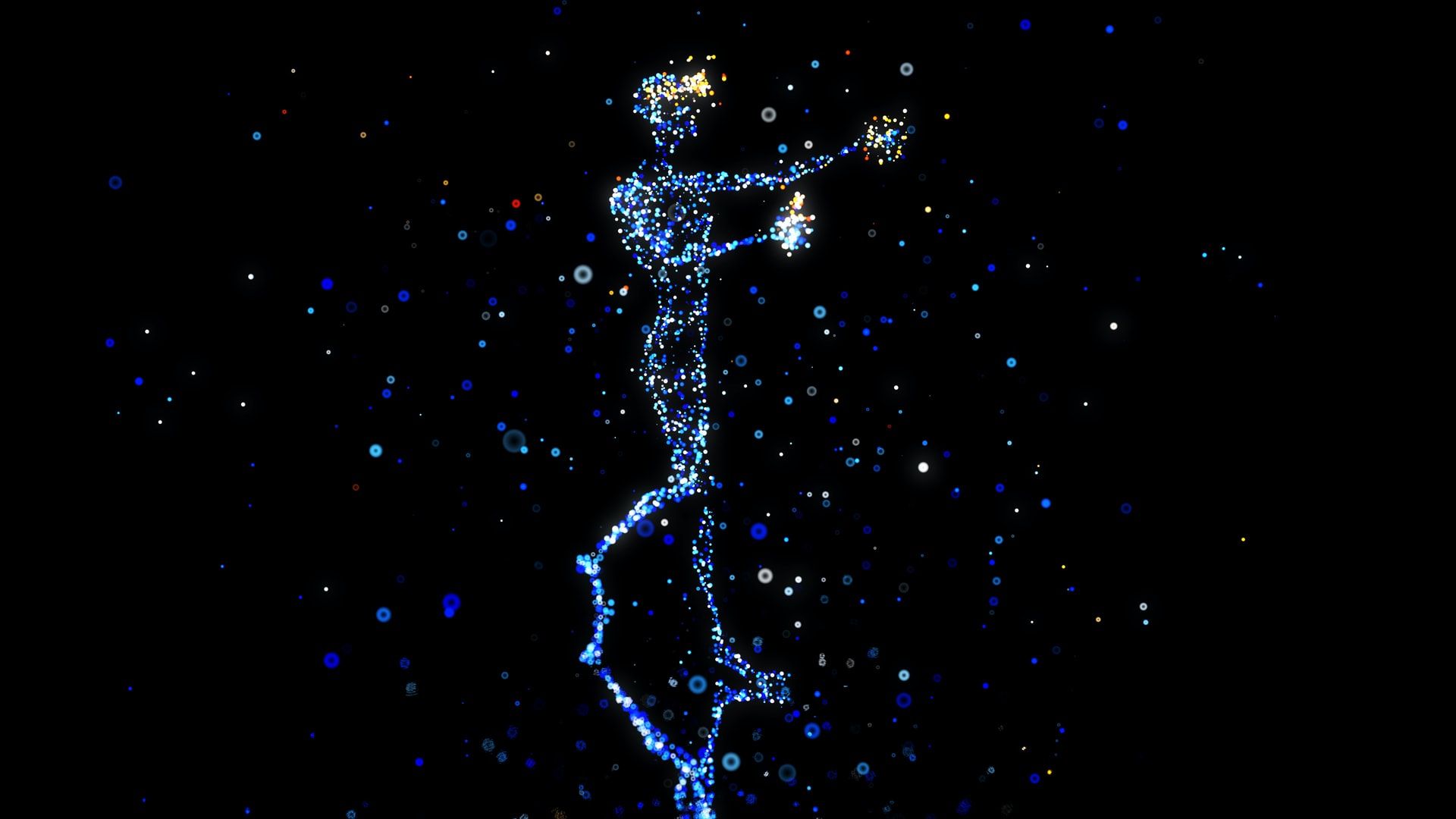How the dawn of the Metaverse is virtualizing technological supremacy

What emerges from the paper of the Machiavelli Institute on " Metaverse and National Security "
The metaverse is the new hype.
A new billionaire battle akin to the space race is looming, but fought with Virtual Reality Headset, blockchain, cryptocurrency and insane amounts of computing power.
All the tech giants have made plans to head for the metaverse. Mark Zuckerberg leads the race for supremacy in the virtual universe. This was followed by Jensen Huang of Nvidia, a $ 722 billion graphics processor maker, and Pony Ma of Tencent, a $ 550 billion Chinese tech giant, whose gaming investment portfolio includes a 40% stake in Epic Games. , owner of "Fortnite", one of the most popular games in the world. Epic founder Tim Sweeney recently said the metaverse is a billion dollar opportunity, and a billion potential initial users.
The race, therefore, has begun to establish the standards of the metaverse for the future, the new technological frontier of the "new digital world order".
The metaverse is conceptually designed to be a complete intertwining of the virtual and the real. Neal Stephenson, in 1992, described it in his novel "Snow Crash" as a huge virtual environment parallel to the physical world in which users interact through digital avatars.
Everything in the real world can be reflected in the virtual universe, while some of its virtual environments may not even have a match in the physical world. This concept can, therefore, become a second space for human existence and provide a new life in another dimension, giving rise to a new sociability with a second identity, two-level social relationships and an idealized lifestyle.
The Machiavelli Institute recently published a paper on " Metaverse and National Security ", where it examines national security implications in terms of both terrorism and systemic vulnerabilities. And it is more in the second sphere than in the first that the main threats develop as they are neither evident nor easily perceptible.
In particular, the paper states that " With the commitment of emerging technologies and the progressive improvement of the ecosystem, the digitized future will be more interactive, more alive, more embodied and more multimedia, thanks to the existence of powerful computing devices and of smart wearables. "
Continuing “ The same qualities that make virtual reality a potentially revolutionary technology also make it profoundly dangerous. The metaverse – in particular its use of augmented and virtual reality – exponentially increases the immersive qualities of the two-dimensional internet. "
A taste of the risks occurred, as reported by Bloomberg , during a technology conference in Lisbon when, while the participants chatted with virtual characters in the demonstration of the potential of the metaverse, a bot named David appeared which, in the face of a question about the usefulness of vaccines, has begun to spread claims of obvious hostility.
David is a virtual man in a virtual world built by Sensorium Corp., a startup founded by the Russian billionaire and former owner of the Brooklyn Nets, Mikhail Prokhorov. The company is registered in the Cayman Islands, but its operations are spread across 10 global offices. Sensorium is preparing to launch its first virtual world, called Motion, early next year. There will be online raves with live DJ sets, virtual bars, artificially intelligent characters to talk to, and meditation experiences.
David's developers, in the face of the compromising situation for Sensorium Corp., ensured that additional filters were applied to control the freedom of speech of AI-enhanced bots (such as David) on sensitive topics, but the episode illustrated how much. it can be easy to encounter offensive or misleading content in the metaverse, and how difficult it will be to control it.
For these reasons, social media watchers are already raising alarms that the nightmare challenges of content moderation already plaguing social media could get worse in these new worlds powered by virtual and augmented reality. According to the Machiavelli Institute, in fact, “ greater immersion means that all the current dangers of the internet will be amplified. (…) The same realism could also mean that harassment in the metaverse will be more visceral and more harmful; the most vivid and most convincing misinformation; the most fascinating and most engaging daily experiences. "
The activities of tech companies on controlling offensive content were back in the spotlight after the US Congress was able to view thousands of internal Meta (formerly Facebook) documents, which revealed new details on how Meta's algorithms. they spread harmful information (in terms of conspiracy theories, hateful language and violence).
Every technology has a dark side, but there are also many positives. In the metaverse, anyone will be able to own a 3D digital version of themselves, trade cryptocurrency, or make a career out of selling virtual goods they've created. For this reason, the Machiavelli Institute hopes for “ a paradigmatic leap in the knowledge and methods of implementing policies by the international community, engaging in exploratory and constructive cooperation and communication to guide the development of this emerging field in a healthy and orderly direction. "
This is a machine translation from Italian language of a post published on Start Magazine at the URL https://www.startmag.it/innovazione/come-lalba-del-metaverso-sta-virtualizzando-la-supremazia-tecnologica/ on Sat, 18 Dec 2021 07:26:34 +0000.
